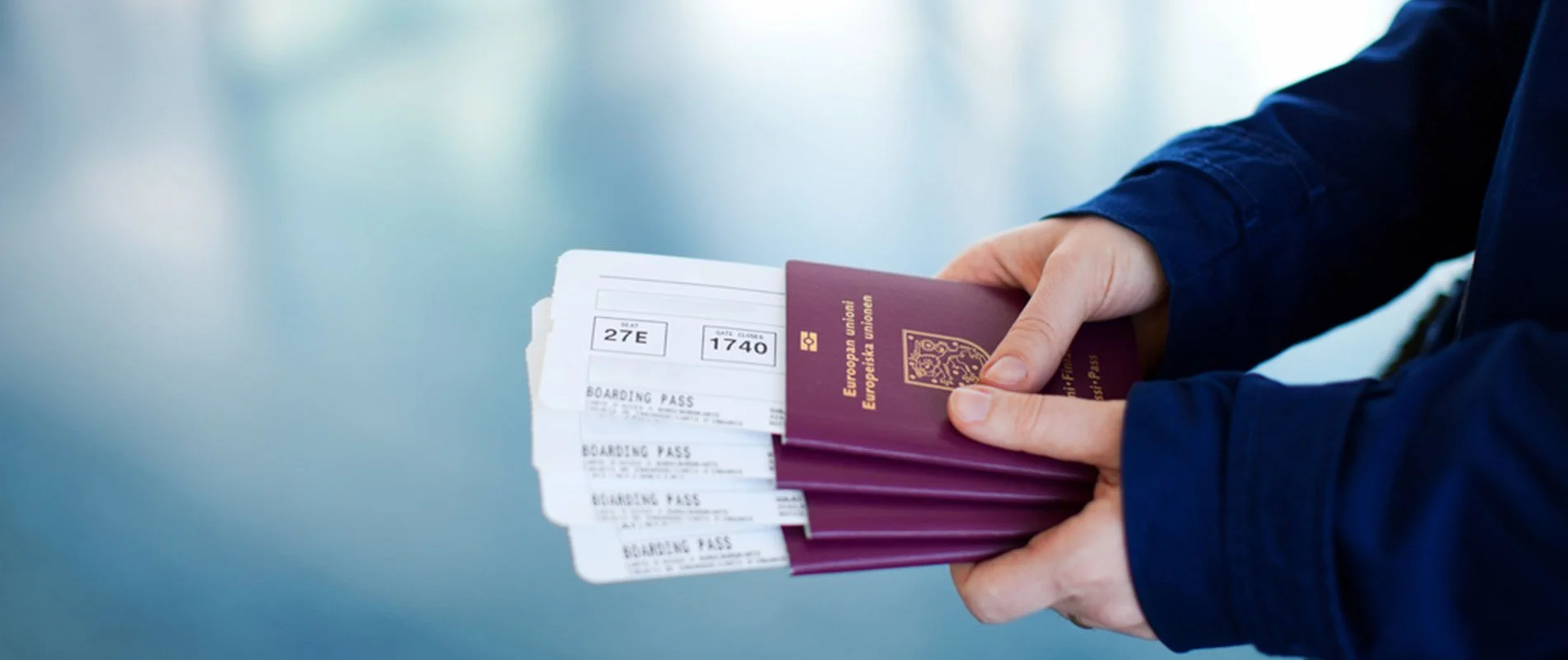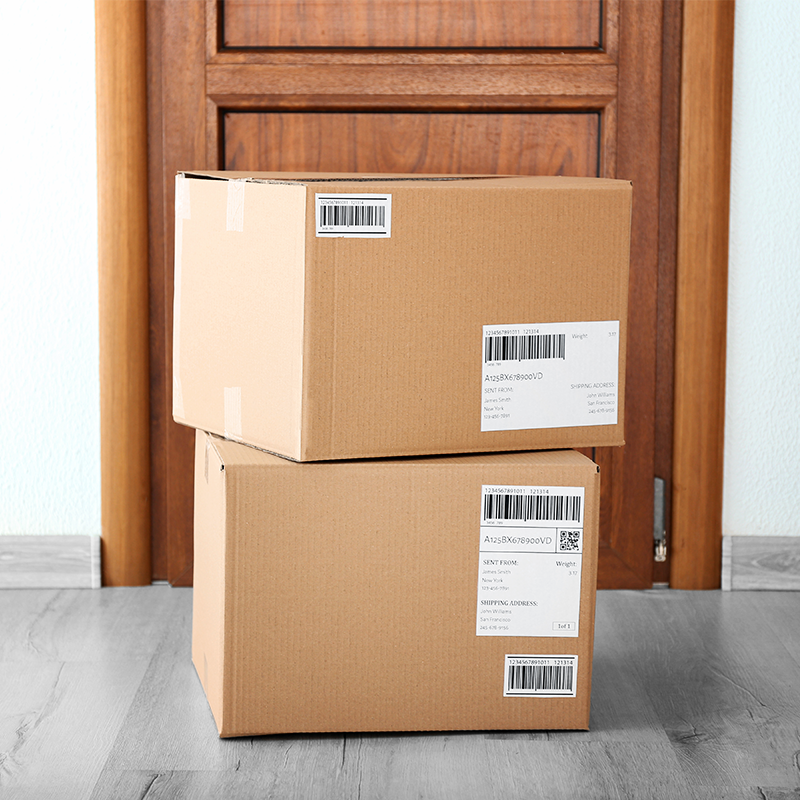8 Surprising Things You Should Be Shredding… But Probably Aren’t
Updated July 2025
When we think of shredding documents, the usual suspects come to mind: tax returns, bank statements, and anything with a Social Insurance Number. But protecting your identity requires more than just shredding the obvious. There are many everyday items that can be used to steal your identity, access your accounts, or gather private information — and most of us don’t even realize we should be shredding them.
If you’re wondering what documents to shred to prevent identity theft, here’s a list of often-overlooked items that should never be tossed in the trash or recycling bin without being shredded first.
1. Shipping Labels & Delivery Boxes
With the rise of online shopping, it’s common to receive multiple packages a week. But have you ever looked closely at the shipping label before tossing the box? These labels often include your full name, address, phone number, and order tracking details — all of which can be used by identity thieves or scammers.
Before recycling delivery boxes, always remove the shipping label. Better yet, shred it. Even partial details on a label can help criminals piece together your personal profile.
Online Shopping Security
Shred any personal information before recycling your boxes from online shopping.
2. Junk Mail and Pre-Approved Credit Offers
Junk mail is more dangerous than it looks. Many of us toss out credit card offers, insurance promotions, or loan applications without a second thought. But these pre-approved offers can be stolen from your trash and used to open accounts in your name.
If you’re not opening it, that’s fine — but always shred junk mail that contains your name or address. Even basic information can be used for phishing scams or fraudulent activity.
3. Boarding Passes and Travel Itineraries
Think your boarding pass is harmless after a trip? Think again. QR codes and barcodes on boarding passes can contain sensitive data such as your full name, frequent flyer number, and even passport details.
Even your travel itineraries can include hotel bookings and rental car info — all useful for someone looking to impersonate you. Never discard these in hotel room bins or public trash cans. Instead, wait until you can safely shred them when you return home.
4. Utility Bills and Service Statements
We all know to shred financial statements, but many people overlook everyday bills — like gas, water, electricity, internet, or cell phone bills. These may seem harmless, but they include your account number, service address, and sometimes even partial banking info.
Scammers can use this data to change account settings, reroute services, or even open new utility accounts under your name. Make shredding utility bills part of your monthly routine.
5. Medical Records and Prescription Labels
Healthcare information is among the most valuable data on the black market. Prescription labels, doctor visit summaries, insurance claim forms, and lab results may all contain your date of birth, medical ID number, and condition details.
Always shred empty pill bottles or medication packaging that includes your name or prescription info. And never dispose of any document with your health information without shredding it first.
6. Receipts with Signatures or Last Four Digits of Your Card
While many retailers now mask your card number, some receipts still show the last four digits or include your name. Others — especially for returns or large purchases — may include your signature.
Shred receipts for credit card transactions, returns, or any purchase that includes identifying information, especially if you’re not planning to keep them for record-keeping.
7. Old Resumes and Job Applications
Think about the information a resume contains: your full name, phone number, email address, work history, and possibly even your home address or references. If an outdated copy falls into the wrong hands, it can be a treasure trove for scammers or spammers.
Old job applications, cover letters, and resumes should always be shredded once they’re no longer needed.
8. Children’s School Documents
Children are often targets for identity theft because their credit is a clean slate. Be cautious with documents from school that include student ID numbers, medical info, emergency contacts, or report cards.
Shred school documents, permission slips, or any paperwork that includes your child’s name or other personal details. Protecting their identity is just as important as protecting your own.
Keep Your Information Safe — Shred Everything That Puts You at Risk
At Merlin Shredding, we know that protecting your privacy means going beyond just shredding your tax forms. From shipping labels to old boarding passes, our mobile shredding team helps you safely dispose of all sensitive documents — even the ones you didn’t know were risky.
Whether you're cleaning out your home office or setting up a regular document shredding service, we offer affordable, secure shredding solutions tailored to your needs.
Get a quote today and take the next step in preventing identity theft before it happens.


